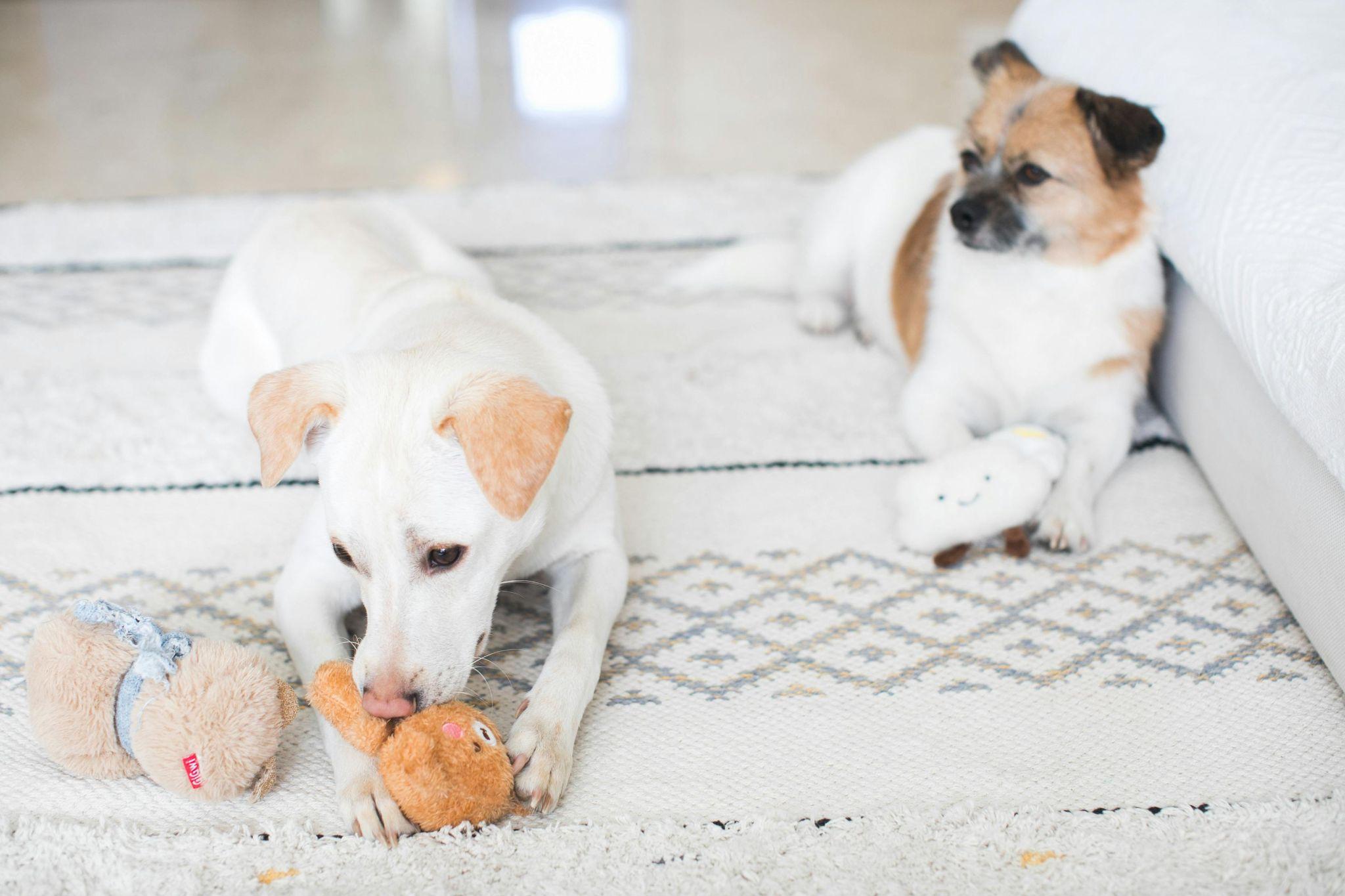Bringing a new pet into your home is a joyful and exciting occasion, but it also comes with responsibilities and adjustments for everyone involved. Whether you’re welcoming a playful puppy, a curious kitten, or any other furry friend, it’s crucial to ensure a smooth transition. Here are 10 tips for introducing a new pet to your home to make the process as seamless as possible.
Preparing Your Home for the New Arrival
What Does Your Pet Need?

Before your new pet arrives, it’s essential to have all necessary supplies ready. This includes:
- Food and Water Bowls: Choose appropriate sizes for your pet.
- Bedding: Ensure a comfortable place for them to rest.
- Toys: Engage them with toys suited to their size and type.
- Leashes and Collars: Necessary for dogs and even some adventurous cats.
- Litter Box: Essential for cats, placed in a quiet and accessible location.
Safety First
Pets are naturally curious and can get into trouble quickly. Here are steps to pet-proof your home: https://truepetslove.com/product/fresh-step-cat-litter/
- Remove Hazardous Items: Secure cleaning supplies, medications, and small objects they might swallow.
- Secure Cables and Wires: Prevent chewing hazards.
- Check Plants: Ensure houseplants are non-toxic to pets.
The First Day: Making a Good First Impression
Calm and Quiet Introduction
When you bring your new pet home, keep the environment calm and quiet. This helps them feel safe and reduces anxiety.
- Soft Voices: Speak in gentle, reassuring tones.
- Limited Visitors: Avoid overwhelming your pet with too many new faces at once.
Exploring Their New Home
Let your pet explore their new surroundings at their own pace. Supervise their exploration to ensure safety.
- One Room at a Time: Start with one room to avoid overwhelming them.
- Watch for Stress Signs: Look for signs of stress such as hiding or excessive panting, and give them time to adjust.
Gradual Introduction to Existing Pets

Separate Spaces Initially
If you have other pets, keep them separated at first to allow the new pet to acclimate.
- Baby Gates or Closed Doors: Use barriers to allow them to smell and hear each other without direct contact.
- Positive Reinforcement: Reward both pets for calm behavior.
Supervised Interactions
Once your pets seem comfortable, allow them to meet under supervision.
- Short Sessions: Keep initial meetings brief and gradually increase the time.
- Distraction-Free Environment: Ensure there are no toys or food that could cause conflict.
Establishing a Routine
Consistent Feeding Times
Pets thrive on routine. Establish regular feeding times to help your new pet feel secure.
- Set Meal Times: Feed your pet at the same times each day.
- Monitor Eating Habits: Ensure they are eating well and adjust portions as needed.
Regular Exercise and Play
Physical activity is crucial for your pet’s health and happiness.
- Daily Walks for Dogs: Schedule walks to provide exercise and stimulation.
- Interactive Play for Cats: Use toys that mimic prey to engage your cat.
Creating a Safe Space

A Place to Retreat
Pets need a designated space where they can feel safe and secure.
- Crate Training for Dogs: A crate can provide a safe haven for dogs.
- Quiet Corner for Cats: Set up a cozy spot with bedding and toys.
Building a Bond with Your New Pet
Spend Quality Time Together
Building a strong bond with your pet is essential for a happy relationship.
https://truepetslove.com/10-fun-activities-for-you-and-your-pet/
- Playtime: Engage in activities your pet enjoys.
- Training Sessions: Use positive reinforcement to teach new commands and tricks.
Understanding Body Language
Learn to read your pet’s body language to understand their needs and feelings.
- Tail and Ear Positions: These can indicate a range of emotions from happiness to fear.
- Vocalizations: Different sounds can express excitement, anxiety, or contentment.
Socializing Your New Pet

Gradual Exposure to New Experiences
Socialization is vital for your pet’s development and confidence.
- Meeting New People: Introduce your pet to friends and family gradually.
- New Environments: Take your pet to different places to expand their comfort zone.
Regular Veterinary Care
Choosing the Right Vet
Find a veterinarian you trust and schedule a check-up soon after bringing your pet home.
- First Visit: Ensure your pet is healthy and up-to-date on vaccinations.
- Discuss Nutrition: Get advice on the best diet for your pet’s needs.
Preventive Health Measures
Regular veterinary care is essential for keeping your pet healthy.
- Routine Check-ups: Schedule annual or bi-annual visits to monitor their health.
- Vaccinations and Parasite Control: Keep your pet protected from diseases and pests.
Training and Discipline
Positive Reinforcement
Training should be a positive experience for your pet.
- Rewards and Praise: Use treats and verbal praise to reinforce good behavior.
- Consistency is Key: Ensure everyone in the household uses the same commands and rules.
Setting Boundaries
Establish rules and boundaries from the beginning.
- No-Go Zones: Decide which areas of the house are off-limits and enforce this consistently.
- Behavior Correction: Address unwanted behaviors immediately and positively redirect them.
Patience and Persistence

Adjusting Takes Time
Understand that adjusting to a new home can take time for your pet.
- Be Patient: Allow your pet to adapt at their own pace.
- Provide Support: Offer comfort and reassurance throughout the transition.
Conclusion
Bringing a new pet into your home is a rewarding experience that requires preparation, patience, and love. By following these 10 tips for introducing a new pet to your home, you can ensure a smooth transition and build a strong, lasting bond with your new furry friend. Remember, consistency and positive reinforcement are key, and regular veterinary visits are essential to keep your pet healthy and happy. Whether you are exploring the best dog breeds for your lifestyle or seeking cat care tips, the journey of pet ownership is filled with joy and companionship. Enjoy every moment!
